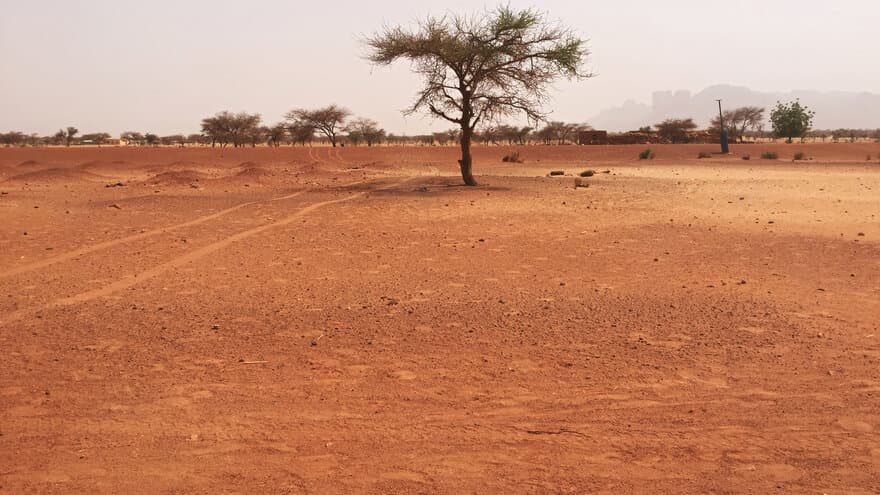NMBU professor Tor A. Benjaminsen awarded ERC Advanced Grant for research in the conflict-stricken region.
Small-scale farmers and pastoralists stripped of access to land are more likely to migrate or resist violently. This is the hypothesis that will be investigated in a new project headed by NMBU’s Tor A. Benjaminsen and funded by the European Research Council (ERC).
The Sahel region of Africa is currently facing unprecedented humanitarian crises as a result of armed conflict, poverty, climate change and political instability. Rural populations in the region continuously struggle to maintain control over the land that supports their existence. Rent-seeking elites, processes of modernisation and uncertain land rights are some of the threats faced by these populations.
Violent insurgence and migration in the Sahel are often attributed to poverty and unemployment, along with climate change and population growth. This project will challenge this notion by determining if land dispossession (where small-scale farmers and pastoralists are pushed out of their land and key resources) is in fact a key driver of these escalating issues.
The nature of the links between land loss, violent jihadist resistance to governments and migration to North Africa and Europe will be investigated. The question of why some rural people are more prone to resist, while others remain compliant will also be addressed. The researchers expect that this work will develop a better understanding of the root causes of violent conflict and migration in the region, knowledge that can then feed policy and prevention measures.
“By studying conflict and migration as inter-linked processes, and by focusing on inequality and injustice, which are often neglected as causal factors, I hope that we will be able to provide new knowledge on the deeper and long-term causes of these social processes,” says Tor A. Benjaminsen, a human geographer and professor at NMBU’s Department of International Environment and Development Studies. Benjaminsen is leading the team, which includes two Malian researchers along with five NMBU-based PhD Fellows/Postdocs.
The ERC-funded project New Perspectives on Land Dispossession, Violent Conflict and Migration in the West African Sahel (LANDRESPONSE) will run for 5 years, with the research taking place in Mali and potentially other West African countries.
